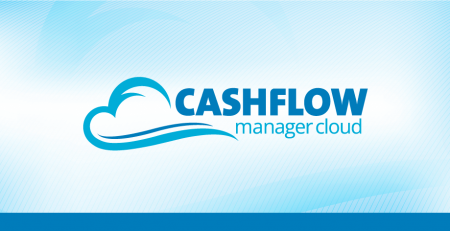Small Business Bookkeeping Deadly Sin #8: Not Keeping Proper Records for Employees
It is surprising how often a business takes on their first employee and then only thinks about paying them but not give any thought at all to their other entitlements such as leave etc.
In Australia we also have the Fair Work Act and I am still amazed at the number of businesses I talk to that are obviously not complying with that legislation.
Most businesses do keep records about their employees, but not everyone is aware of the full list of requirements when it comes to maintaining employee records.
It is in your best interests to keep accurate records and keep them for at least seven years. If you don’t you may be faced with fines and penalties that your business just doesn’t need.
There is a range of information that must be kept for each employee as required by the Fair Work Act as well certain things you must report to your employees and the Australian Tax Office.
The Fair Work Act requires that you keep certain information for each employee. This includes:
• General Information -like the employer’s name and ABN, the employee’s name, commencement date, and basis of employment.
• Pay Records- such as the rate of pay and details of any bonuses, loading or penalty rates
• Hours of Work Records
• Leave records • Superannuation contributions records • Termination Records
What information do I need to provide to an employee?
As an employer you are obligated to provide your employees with a pay slip within one working day of pay day. This pay slip must include all details of payments, deductions and superannuation contributions for each pay period.
To find out exactly what must appear on your pay slips you can visit the Employer Obligations Fact Sheet provided by Fair Work Australia.
You must also provide your employees with a PAYG payment summary at the end of the financial year so they can prepare their tax returns.
What are my obligations to the ATO?
• You must record Pay As You Go (PAYG) withholding payments on your business activity statements.
• You must submit an annual report to the ATO reporting PAYG withholding.
• You must report and pay Fringe Benefits Tax. • You must pay super guarantee contributions for each eligible employee and contractor.
You can use this Employer Obligations Checklist published by the ATO in order to help you meet your tax and superannuation obligations.
It is crucial to have a system in place, so you can ensure your employee records are correct.
Fairwork.gov.au provide a range of free templates for things such as pay slips and weekly time and wages that can help you to get organized.
Of course Wages Manager, which also forms part of Cashflow manager GOLD is a great tool to make this easy for you. You can process pays, generate pay slips, calculate tax, leave, and superannuation and prepare all the reports the ATO needs much more easily.
There is a lot of work in organising pay slips, calculating tax, paying superannuation and keeping all the other information in check. With the right payroll software, you will have a fast, accurate way of doing the right thing as an employer.
Keep your staff happy, keep the tax office happy, and give yourself peace of mind by maintaining the right records for your employees.












Leave a Reply